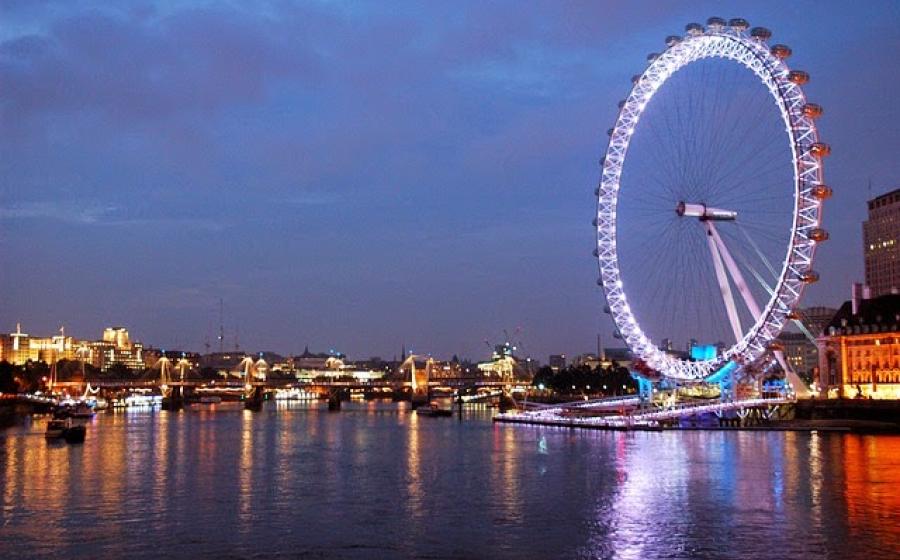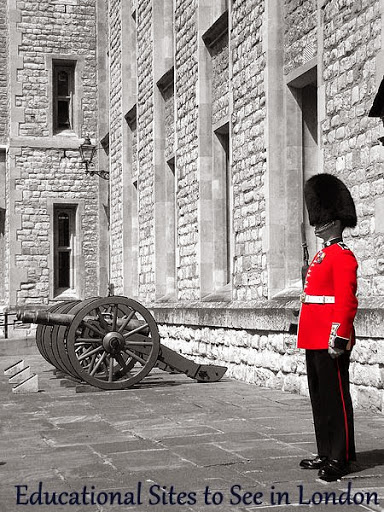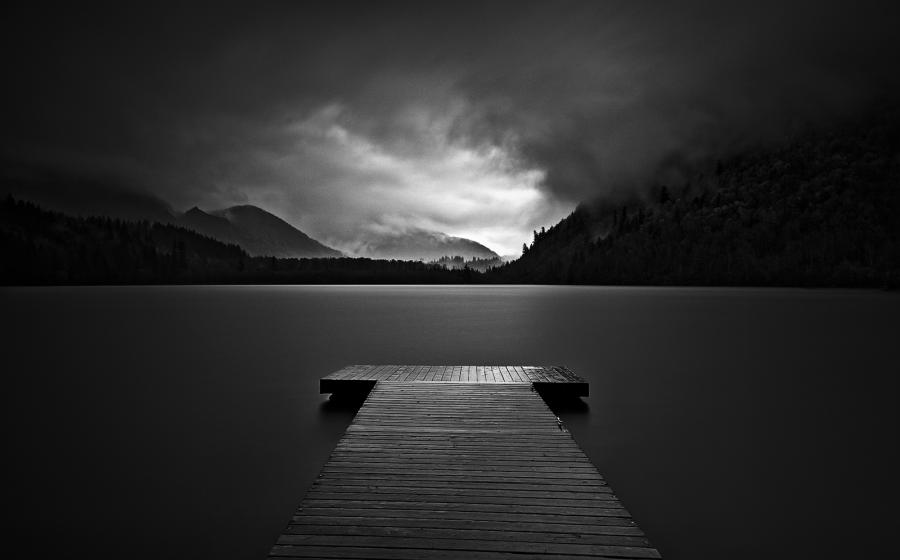After four years of undergraduate courses focused on finance, I felt very prepared to take the next logical step of attending grad school with an eye toward working on Wall Street. I did not, however, feel prepared to enter the “real world,” and this realization caused me to evaluate the choices I had made that left me feeling bereft of any real life experience. So I scrapped the grad school plans and opted to pursue an opportunity to teach English in Honduras.



